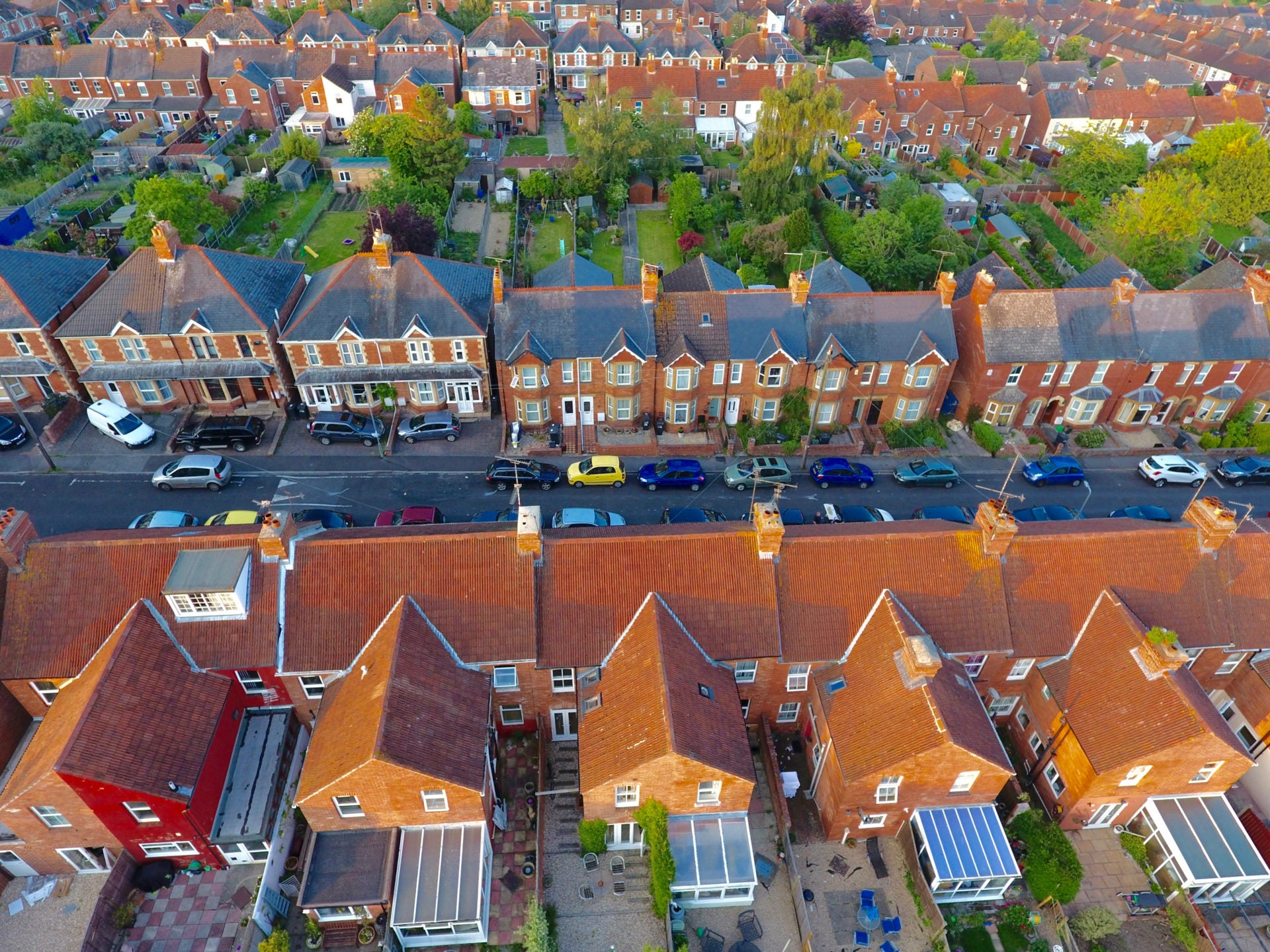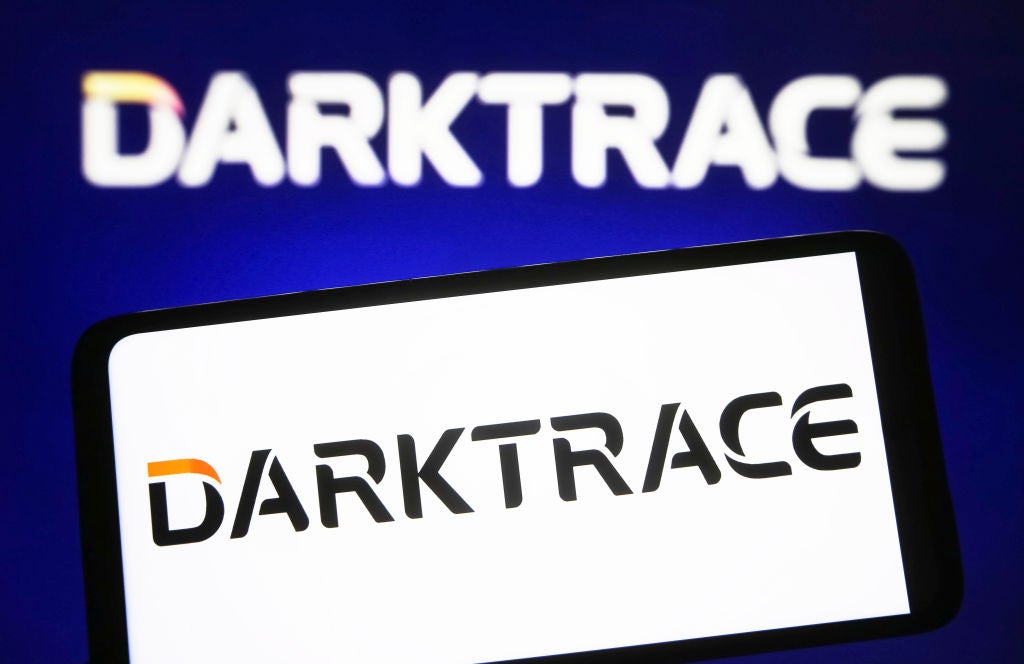
Predictions of economic disaster caused by the Brexit deal released this week by the UK Government suggest a greater need than ever for more house building across Britain.
Economic predictions from the National Institute of Economic and Social Research on the Brexit deal have said the average person in the UK will be £1,090 worse off by 2030.
But house prices across the UK continue to grow and, according to Nationwide’s house price index, they picked up in November to an annual change of 1.9% up from 1.6% in October.
Given that the average UK resident is set to be less well off post-Brexit, the prospect of ever-growing house prices, combined with the shortage of new homes, could pose a significant problem.
However, if more homes are built and the projected drop in immigration occurs, this could lower prices and make houses more accessible to purchase.
UK homes are in short supply
Housing is a famously precious resource in the UK, especially in London, where there is a generally recognised crisis in housing.
How well do you really know your competitors?
Access the most comprehensive Company Profiles on the market, powered by GlobalData. Save hours of research. Gain competitive edge.

Thank you!
Your download email will arrive shortly
Not ready to buy yet? Download a free sample
We are confident about the unique quality of our Company Profiles. However, we want you to make the most beneficial decision for your business, so we offer a free sample that you can download by submitting the below form
By GlobalDataA limited supply of housing means that prices continue to rise as the demand rises, with more wishful buyers entering the UK market.
But buyers’ financial resources often do not match price increases, so the solution would seem to be to increase the supply of housing so that house prices are not accelerated upwards and can be reached by more buyers.
If supply increases,and supposed demand decreases post-Brexit, the acceleration of house prices can only slow, which could also make the infamous investment buyers less attracted to buying up properties.
The Office for National Statistics said: “Fewer people are coming to live in the UK,” with 80,000 less in 2017 than in 2016.
However, net migration was still above zero, as it has been since 1994, with 230,000 more people coming to live in the UK than leaving the UK to live abroad.
The Open University said that immigration could temporarily increase post-Brexit to beat coming restrictions, putting greater demands on the housing supply.
Lower immigration from the EU, which is promised by the UK Government through its Brexit deal, could eventually ease demand for housing but it could also reduce the labour force behind house building.
Build new homes to ease the bottleneck
Online estate agent Housesimple.com chief executive officer Sam Mitchell said: “The lack of stock continues to be a problem that no-one seems to be able to fix. New builds are crucial to easing the supply bottleneck.”
Nationwide chief economist Robert Gardner said: “Looking forward, much will depend on how broader economic conditions evolve.
“In the near term, the squeeze on household budgets and the uncertain economic outlook is likely to continue to dampen demand, even though borrowing costs remain low and the unemployment rate is near 40-year lows.”
Although Gardner thinks economic downturn will lower demand, the fact is that much of the population, including the younger population, will still want to buy.
He added: “If the uncertainty lifts in the months ahead and employment continues to rise, there is scope for activity to pick-up through next year.”
Numbers of new builds only 3% lower than in 2007
Construction in the UK fell by almost 60% during the 2008 financial crisis, but it has picked up in recent years.
New build completions in England in 2017 to 2018 reached 195,300, around 3% below 2007 to 2008 levels.
England’s total housing stock has grown by 1.9 million over the last 10 years, an 8.5% increase since 2007.
This includes change-of-use properties from commercial to residential and the creation of additional dwellings from converting larger homes into more units.





